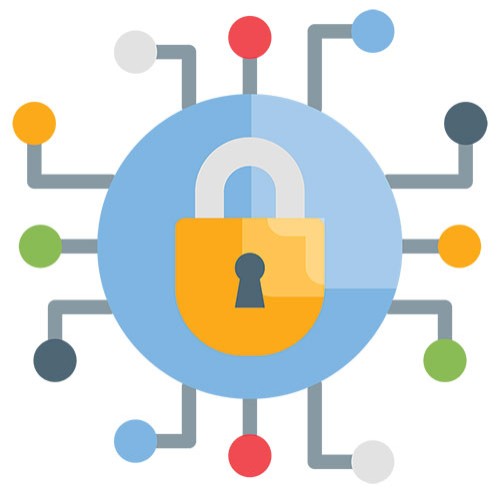Security and Resilience in the Cyberworld

For computer science novices, it may be hard to tell the difference between cybersecurity and cyber-resilience. But it’s actually quite simple: the first operates on the micro level, the second, on the macro.
Briefly explained, cyber-resilience pulls together the cybersecurity, business continuity, and resilience capabilities of organizations. It applies fluid security strategies that help organizations respond to threats quickly, minimize any damage, and continue their operations in the event of an attack. While cybersecurity consists of implementing tools and processes to protect systems, networks and data, cyber-resilience helps organizations prepare and design strategies aimed at preventing cyberattacks as well as respond to them when they occur.
Cyber-resilience focuses not only on the technological, but also the human and procedural components of a system. It prepares an organization to cope with and minimise the impact that a potential attack may have on its operations.
Realizing that cybersecurity alone could be insufficient to ensure the security and control of an organization’s total IT infrastructure, cyber-resilience was created. With protection in mind, it effectively takes into consideration new and emerging cyber-threats. Web security specialists now understand that they have to take a broader view for total system security. Focusing on the entire ecosystem and related components within the network and infrastructures, and ultimately, having a system in place to deal with whatever the cyber world throws their way.
The primary objective of cyber-resilience is to ensure that an organization is, at all times, ready to deal with a potential attack while minimizing the financial and operational impact of an attack when one occurs. Ensuring that the business can carry out its operations with minimal disruption. In short, while no approach is totally infallible, cyber-resilience provides the most global and effective protection possible.
Another key element brought to light in this program: that knowing the mindset, motivations, and techniques of computer hackers is a major advantage in preparing for and countering cyberattacks. Cyber-resilience experts also must thoroughly understand the contents of a database if they’re to have any chane at protecting it. Thus, the days of computer experts operating separately from the business affairs of an organization are gone, solidifying their role as an integral part of any business, company, or corporation.
As a cyber-resilience expert, your role will include ensuring data integrity and preventing it from falling into the wrong hands, whether they come from inside or outside your organization.
If you want to work in a profession that’s in very high demand, and if you’re a computer aficionado who loves to stay one step ahead of the competition, cyber-resilience may be the career answer for you.
